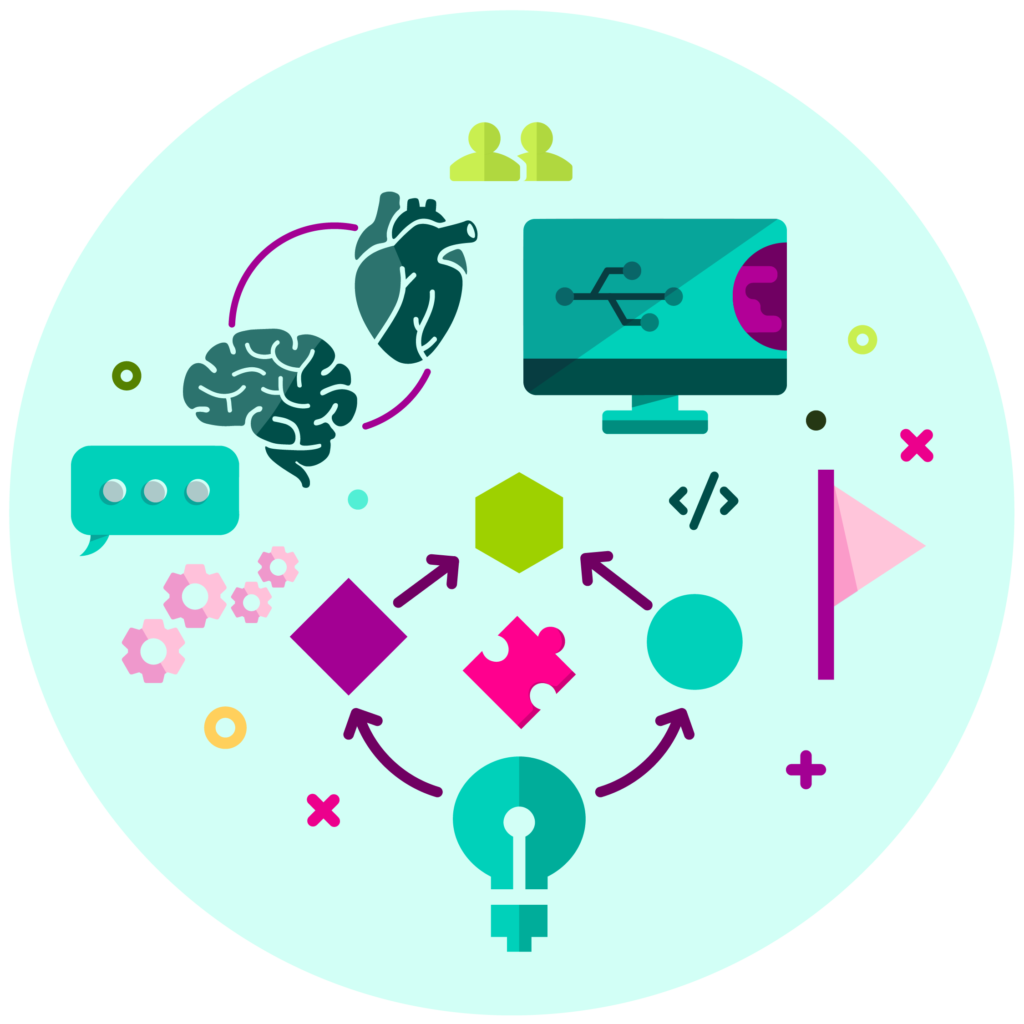Core Skills
Success in the workplace is increasingly linked to a set of core skills that are remarkably similar across sectors and occupations. These include communication, socio-emotional, digital and basic literacy and numeracy skills. Employers in Canada are concerned about the level of proficiency in skills such as these among existing employees and new recruits. However training and education to gain these skills involves a poorly coordinated patchwork of actors beyond just high schools and post-secondary institutions. There is a need for more coordination and experimentation to develop the most effective and efficient interventions to improve core skills across sectors and occupations.
We are advancing knowledge about how best to facilitate learning of core, transferrable skill sets that are key to successful professional development, mobility and upward progression in the labour market. Sponsored research and innovation projects are addressing many of these skills.

Key Insights
70% of participants in cross-country roundtables with educators, community organizers, employers and students are concerned about a lack of social and emotional skills such as communication, critical thinking and interpersonal skills in the next generation.
Indigenous Peoples, people with disabilities, newcomers, Black and other racialized groups are more likely to have their existing skills unrecognized or undervalued by employers.
Canadian firms invest modestly in training—an estimated $240 per employee annually—and lag behind their international peers in rates and hours of instruction.

Most desirable skills for the future of work are not “soft”
The Issue: Growing core skills gaps
The foundation for all skills development is strong basic literacy and numeracy. However many Canadians face barriers to learning opportunities to develop these skills, despite Canada’s strong education system. Skills gaps in these core skills often surface when jobs become more demanding, or when workers are displaced and have to retrain for a new job. Literacy and numeracy issues are more common for groups that face systemic barriers in the labour market and education systems.
Labour market stakeholders are paying closer attention to so-called soft skills, such as those related to interpersonal relationships, leadership, communication, conflict resolution, teamwork and time management. There are competing definitions of soft skills, which complicates efforts to understand employer demand for them and the vehicles available to teach them. Nevertheless efforts are underway to explore methods for teaching, assessing and recognizing soft skills learning within the post-secondary system and work-related learning.
Rapid economic shifts have exposed significant skill gaps in certain populations. The pandemic and the switch to remote work and online learning revealed critical digital skills gaps, while workplaces undergoing rapid technological change also express this concern. Employers report that skills gaps can be a significant roadblock to adoption of technology and growth in productivity.
Quality of content and effectiveness of delivery methods and learning systems are key questions as we help learners develop basic literacy, numeracy, soft and digital skills.
Why It Matters
It is not always clear who, aside from the learner, should be responsible for helping people develop core skills. For example, employers often expect the post-secondary system to teach these skills. At the same time, hiring processes, particularly in SMEs, may not be set up to assess or recognize people’s core skills adequately. Many workplaces do not support formal and informal learning to help workers develop soft skills, particularly those in early career stages.
While ongoing experimentation is needed to figure out the best way to deliver such skills, it is also important for policy makers to have a clear sense of what portion of the cost for developing such skills should be shouldered by workers, employers, educational institutions and the rest of the skills ecosystem. Groups that face systemic barriers experience more gaps, for example in literacy and numeracy, yet lack access to learning opportunities. Interventions to build core skill sets should strive for equity and pay special attention to resources needed to support learning for these groups.




